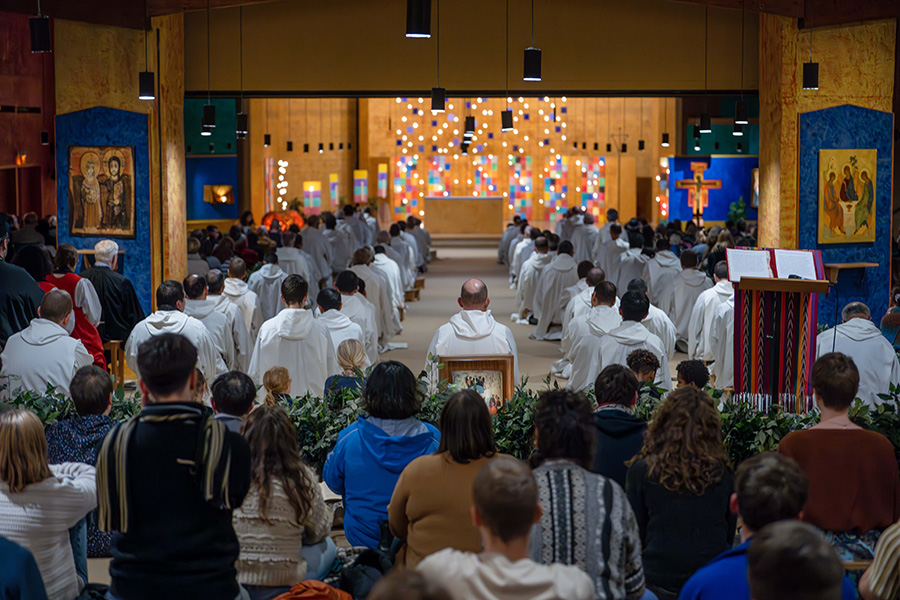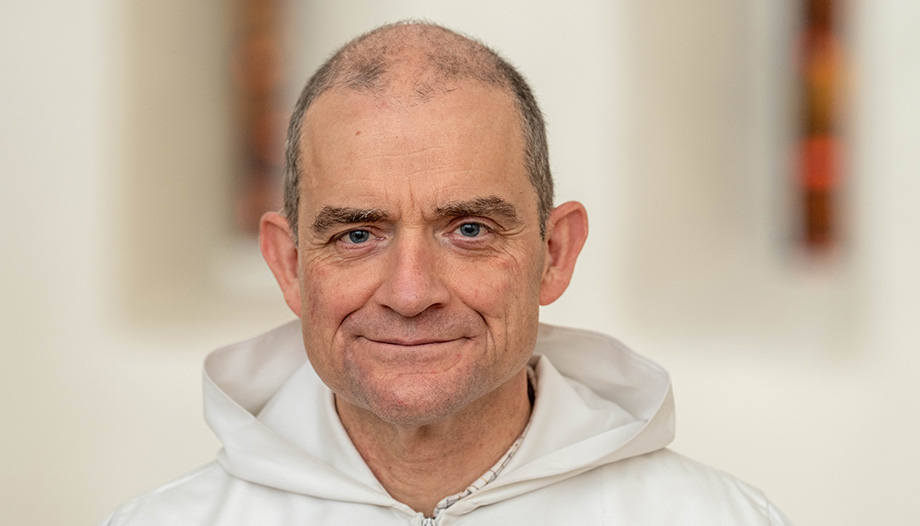"An event not to be missed in these times when wars and divisions dominate the world". The thought of the new prior of Taizé on the Week of Prayer for Christian Unitywhich opened on January 18, could be summarized as follows.
Brother Matthew, an Anglican, has recently begun to lead the Christian monastic and ecumenical community, founded in 1940 in the French village of TaizéThe title of this year's theme is: "The title of the event is Love the Lord your God and love your neighbor as yourself'.a verse taken from the Gospel of Luke. It is a theme that invites us to go to the essence of our Christian faith: to love God and to love our neighbor. In essence, we must go to the source which is God to find the strength to love others, even if they are different from us."
One step at a time towards unity
Love between Christians of different traditions, therefore, becomes even more important, essential, and cannot be relegated to the background. We must make it grow, explains Brother Matthew, because if "we speak of a God of love, we must always seek communion with other Christians, even if they are of different denominations".
The prior of Taizé does not hide, however, the difficulties on the road to unity. "Loving our neighbor," he says, "is not always easy. We all feel the weight of the wounds of history reflected in our gaze towards others. Therefore, we must understand that the road to unity is slow, we cannot achieve everything at once. We need to take one step at a time.

Prayer, an essential tool
Brother Matthew's reasoning goes further. He touches on the limits of prayer, which becomes an essential tool without which unity risks remaining a mere human dream: "It is important to do things to achieve unity, but when we pray for another person something inside us is transformed because we let God, the Holy Spirit, in.
And this prayer opens all doors. And as a concrete example, he cites the Taizé Community "where there is prayer in common three times a day. And without prayer we cannot seek unity because otherwise we rely only on our own strength without welcoming the grace that comes from God".
Uniting glances
The different Christian traditions and the different approaches to the Bible of the various confessions should not be a source of fear, admits the prior. On the contrary," he specifies, "they make this look at the Word of God more complete. No one can understand everything. Another element of unity among Christians, he adds, is "service to our neighbor. For example, near Paris there is a very poor neighborhood where Christians of different confessions work together to help those who live on the streets and have nothing.
The challenges for the future of the unit, Frére Matthew saw them anticipated in "Together"The vworld ecumenical church held in the presence of Pope Francis in September of last year. "On that occasion," concludes the prior, "we saw the participation of several Protestant Churches that are not part of the large Christian organizations. This is the challenge: to find a way to walk together. All of them.








